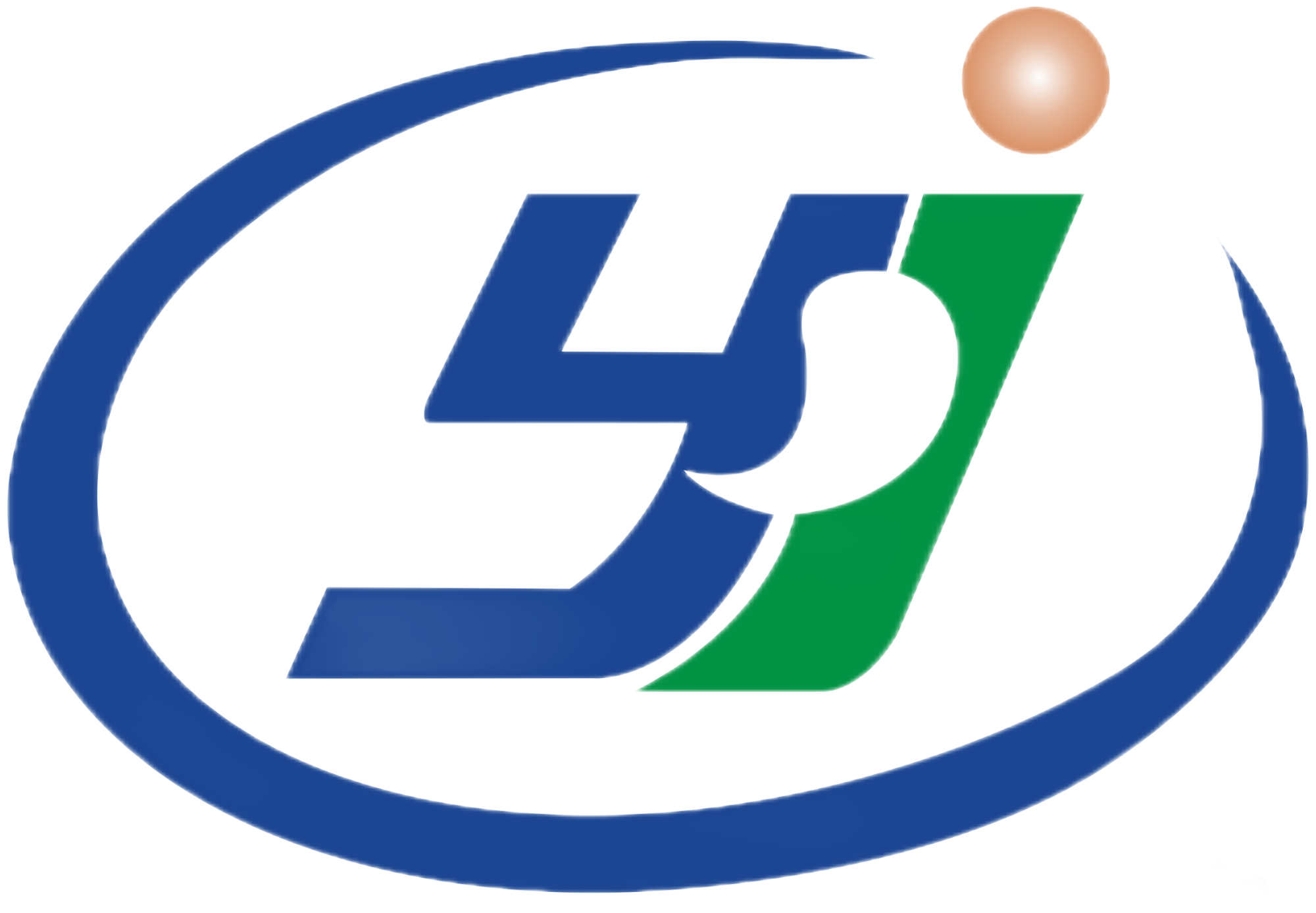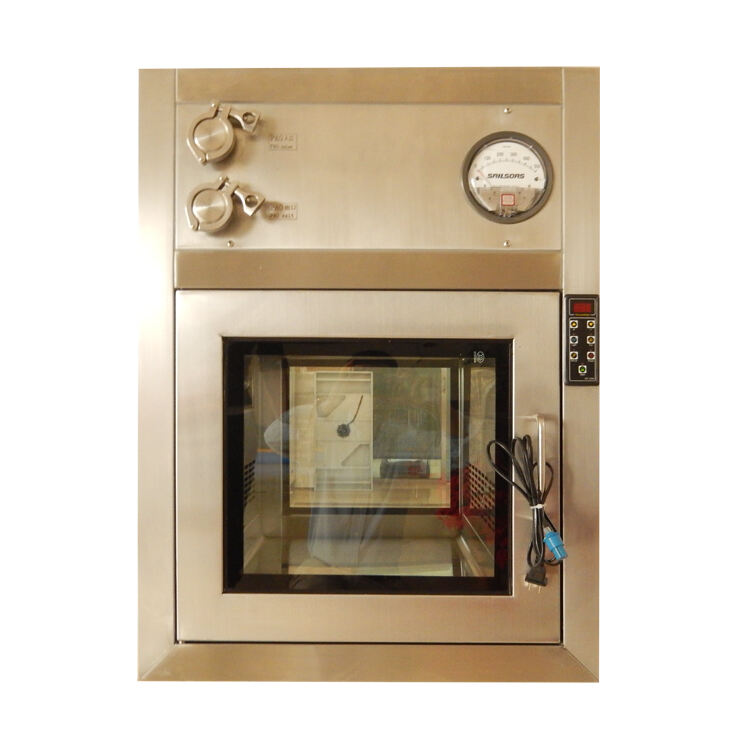Understanding Dynamic Pass Box Technology in Modern Manufacturing
In today's advanced manufacturing landscape, maintaining strict cleanliness standards while ensuring efficient material transfer has become paramount. Dynamic pass boxes have emerged as a revolutionary solution, transforming how materials move between different cleanroom environments and production zones. These sophisticated transfer systems serve as critical interfaces that maintain cleanliness levels while enabling seamless workflow in pharmaceutical, semiconductor, and other high-precision industries.
Dynamic pass boxes represent a significant leap forward from traditional material transfer methods, incorporating advanced features like interlocking mechanisms, HEPA filtration, and real-time monitoring capabilities. These systems create a controlled environment that protects sensitive materials and maintains the integrity of clean spaces, all while optimizing operational efficiency.
Core Advantages of Dynamic Pass Box Implementation
Enhanced Contamination Control
Dynamic pass boxes excel in preventing cross-contamination between different manufacturing areas. The sophisticated air handling systems within these units create positive pressure environments that effectively prevent particle infiltration. When materials pass through these systems, HEPA-filtered air ensures that contaminants are effectively removed, maintaining the cleanliness standards required for sensitive production processes.
The interlocking door mechanism further reinforces contamination control by preventing simultaneous door opening, which could compromise the cleanroom environment. This feature ensures that operators follow proper transfer protocols and maintains the integrity of both clean and less clean areas.
Improved Operational Efficiency
The implementation of dynamic pass boxes significantly streamlines production workflows. These systems enable quick and controlled transfer of materials, reducing the time spent on decontamination procedures and minimizing production bottlenecks. The automated nature of these systems also reduces the need for manual handling, decreasing the risk of human error and contamination.
Modern dynamic pass boxes often include advanced features such as barcode scanning capabilities and electronic logging systems, which facilitate better inventory tracking and process documentation. This automation not only speeds up material transfer but also provides valuable data for process optimization and compliance reporting.
Safety and Compliance Considerations
Regulatory Standards Adherence
Dynamic pass boxes are designed to meet stringent regulatory requirements across various industries. They comply with GMP guidelines, ISO standards, and specific industry regulations, making them essential components in regulated manufacturing environments. The systems' built-in monitoring and documentation capabilities help maintain audit trails and demonstrate compliance with quality standards.
These transfer systems also incorporate various safety features, including emergency stop buttons, pressure monitoring systems, and alarm mechanisms that alert operators to any deviations from preset parameters. Such features ensure both product protection and operator safety while maintaining regulatory compliance.
Environmental Control Features
Advanced dynamic pass boxes offer sophisticated environmental control capabilities. Temperature monitoring, humidity control, and pressure differential management ensure that sensitive materials maintain their integrity throughout the transfer process. These environmental controls are particularly crucial in pharmaceutical manufacturing, where product stability is paramount.
The systems also typically include UV sterilization options and antimicrobial surfaces, providing additional layers of protection against biological contamination. These features make dynamic pass boxes especially valuable in sterile manufacturing environments and biotech applications.
Cost-Effectiveness and Return on Investment
Operational Cost Reduction
While the initial investment in dynamic pass boxes may seem substantial, the long-term cost benefits are significant. These systems reduce the need for extensive decontamination procedures, minimize material waste due to contamination, and decrease labor costs associated with manual transfer processes. The automated nature of these systems also leads to fewer errors and related expenses.
Energy efficiency features in modern dynamic pass boxes, such as smart power management and optimized air handling systems, contribute to lower operating costs. The reduced need for personal protective equipment and consumables in transfer processes further enhances cost savings.
Production Quality Improvements
Dynamic pass boxes contribute significantly to overall product quality improvement. By maintaining consistent environmental conditions and reducing contamination risks, these systems help ensure product integrity throughout the manufacturing process. This quality enhancement leads to fewer rejected batches and improved customer satisfaction.
The systems also support better process validation and quality assurance through their monitoring and documentation capabilities. This data-driven approach helps identify potential issues before they affect product quality, reducing costly quality-related incidents.
Frequently Asked Questions
How do dynamic pass boxes maintain cleanliness during material transfer?
Dynamic pass boxes maintain cleanliness through a combination of HEPA filtration, interlocking door mechanisms, and controlled air flow patterns. The systems create a positive pressure environment and use filtered air to remove particles during transfer operations, while preventing the simultaneous opening of doors to maintain environmental integrity.
What industries benefit most from dynamic pass box implementation?
The pharmaceutical, semiconductor, biotechnology, and medical device manufacturing industries benefit significantly from dynamic pass boxes. These industries require stringent cleanroom conditions and contamination control, making these transfer systems essential for maintaining product quality and regulatory compliance.
What maintenance is required for dynamic pass boxes?
Regular maintenance typically includes HEPA filter inspection and replacement, calibration of monitoring systems, cleaning of surfaces and seals, and verification of door interlocking mechanisms. Preventive maintenance schedules should be established based on usage patterns and manufacturer recommendations to ensure optimal performance and longevity.

